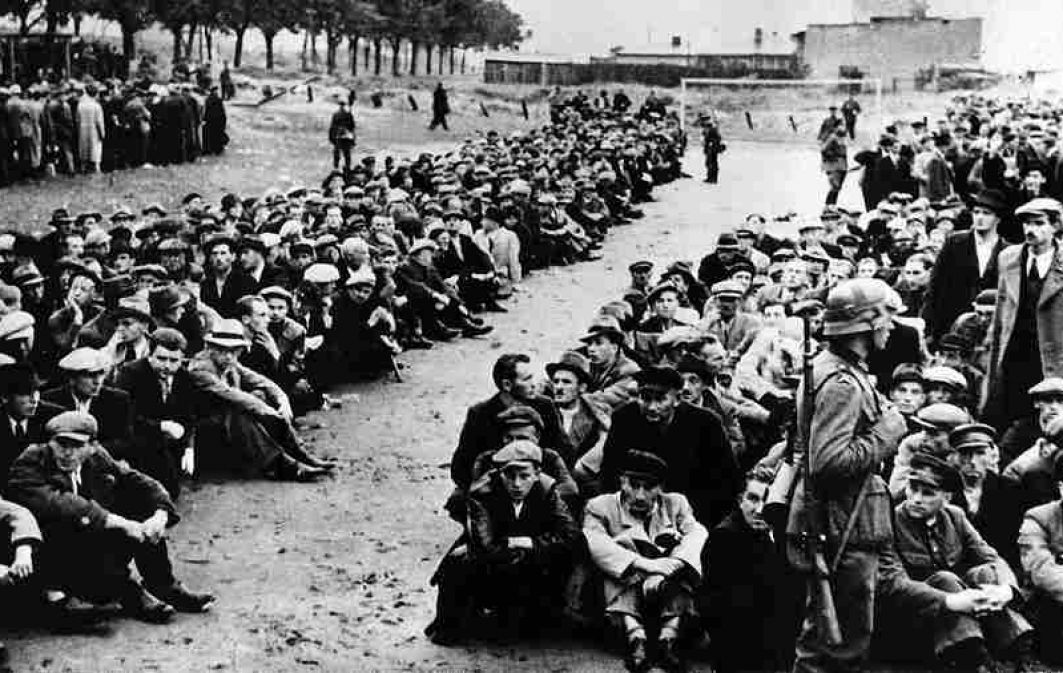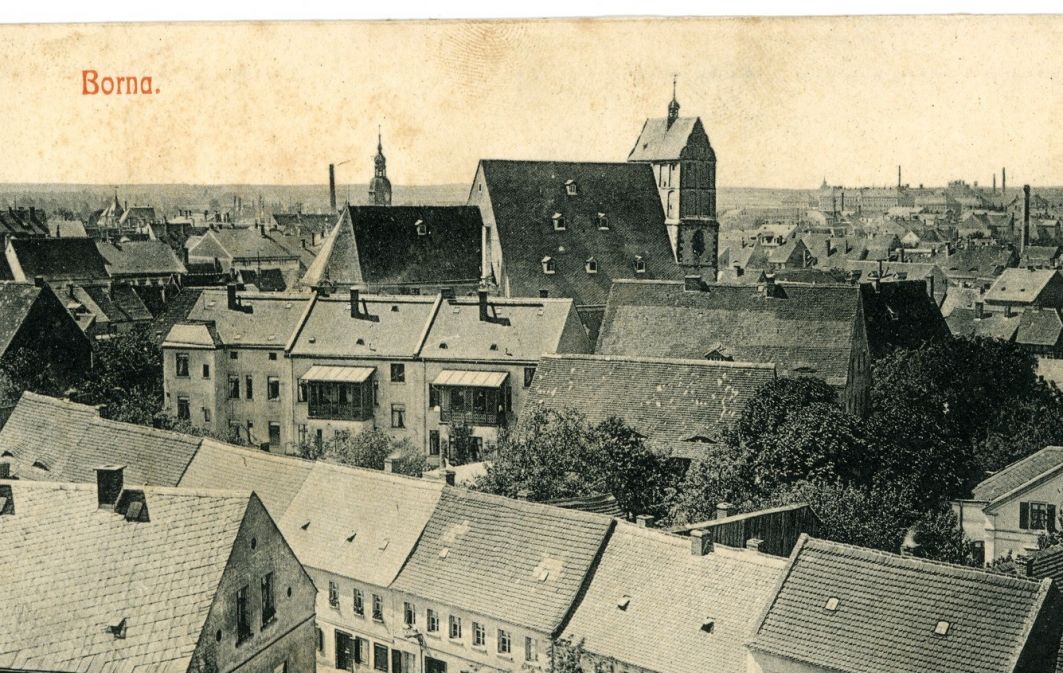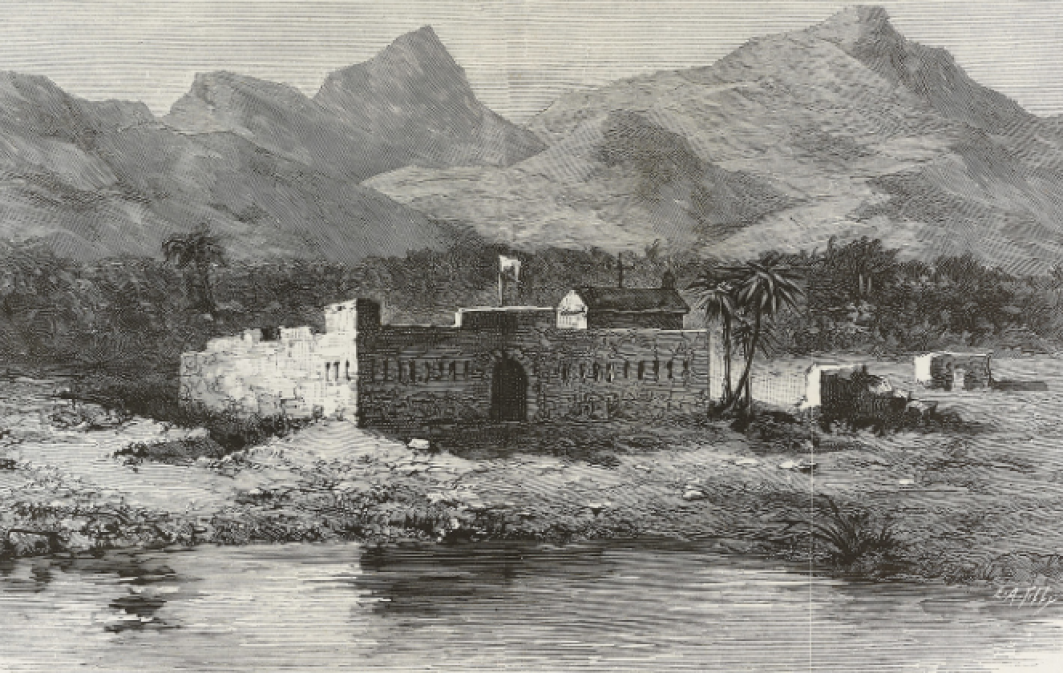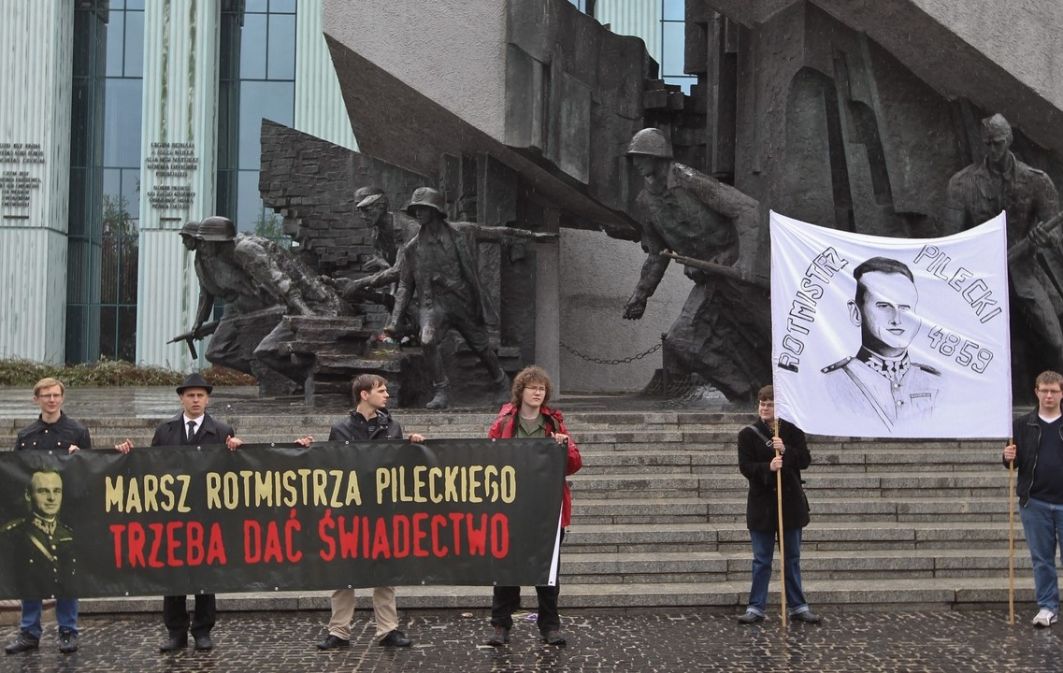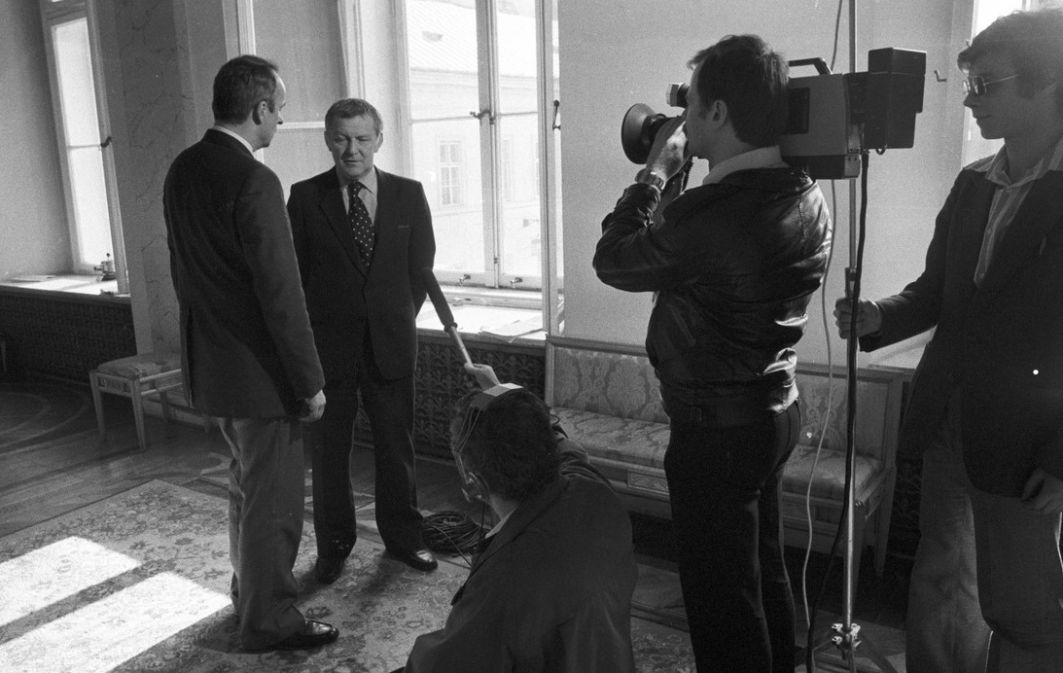“He was always in a hurry”; “He could never stay put for long”; “I had the impression he was constantly on the move”; “He was a live wire”, “He acted in haste”, “It seemed that he was constantly short of time” – that’s how his colleagues remembered him in the editorial board he headed for seven years. But the thorough posthumous tribute lacks information on the vicissitudes of this initiator and first editor-in-chief of “Express Wieczorny” [“Evening Express”], who died at 36.
Mysteries
Even his DOB is uncertain. Officially: December 29, 1916. But in some documents it is the same day and month, but earlier by 4 years. Everything fits with the place of birth – Łódź, but another problem arises when it comes to the address. Sometimes it’s 3, Pieprzowa St, apt. 12, some sometimes 9, Gubernatorska – without a flat number.
Height: average (166 cm), hair colour: flaxen (would that be a euphemism hiding a ginger?), distinctive features: none. Although according to witnesses, stammering would have been one of them.
In the “education” rubric he wrote: “higher – incomplete” (allegedly, he studied at the Academy of Journalism), but we cannot be sure if he at least finished secondary school. Reportedly, he passed his school-leaving examination with delay because he was forced to discontinue education and help his parents struggle with the Great Depression which had just arrived in the town on the Łódka.
 SIGN UP TO OUR PAGE
SIGN UP TO OUR PAGE

The future editor’s father, Leon, ran a mercer’s shop. In the era of the economic collapse he was forced to dismiss the personnel and to switch to what is now called a family business. Two older sisters of the text’s main character, Eleonora and Lea as well as the mother Judyta, hitherto running the house, were acting shop assistants. “My parents in 1939. My sisters were murdered in Auschwitz, in the autumn of 1944”. Did they get there from the Łódź ghetto? What were their occupations? Were they married? Questions can be multiplied.
In June 1935, Rafael Praga joined the editorial board of “Robotnik” [“The Worker”] and it was probably only then that he began to use the Polonised version of his name – Rafał. He started out as a city reporter but was quickly recognized as a better editor than writer. He apprenticed for several years at the magazine’s secretariat located in a tenement house at Warecka St. The paper was edited by Mieczysław Niedziałkowski, a long-time deputy of the Second Republic of Poland, who was shot in Palmiry, and Zygmunt Zaremba, head of the Journals Team of the Polish Socialist Party [PPS].
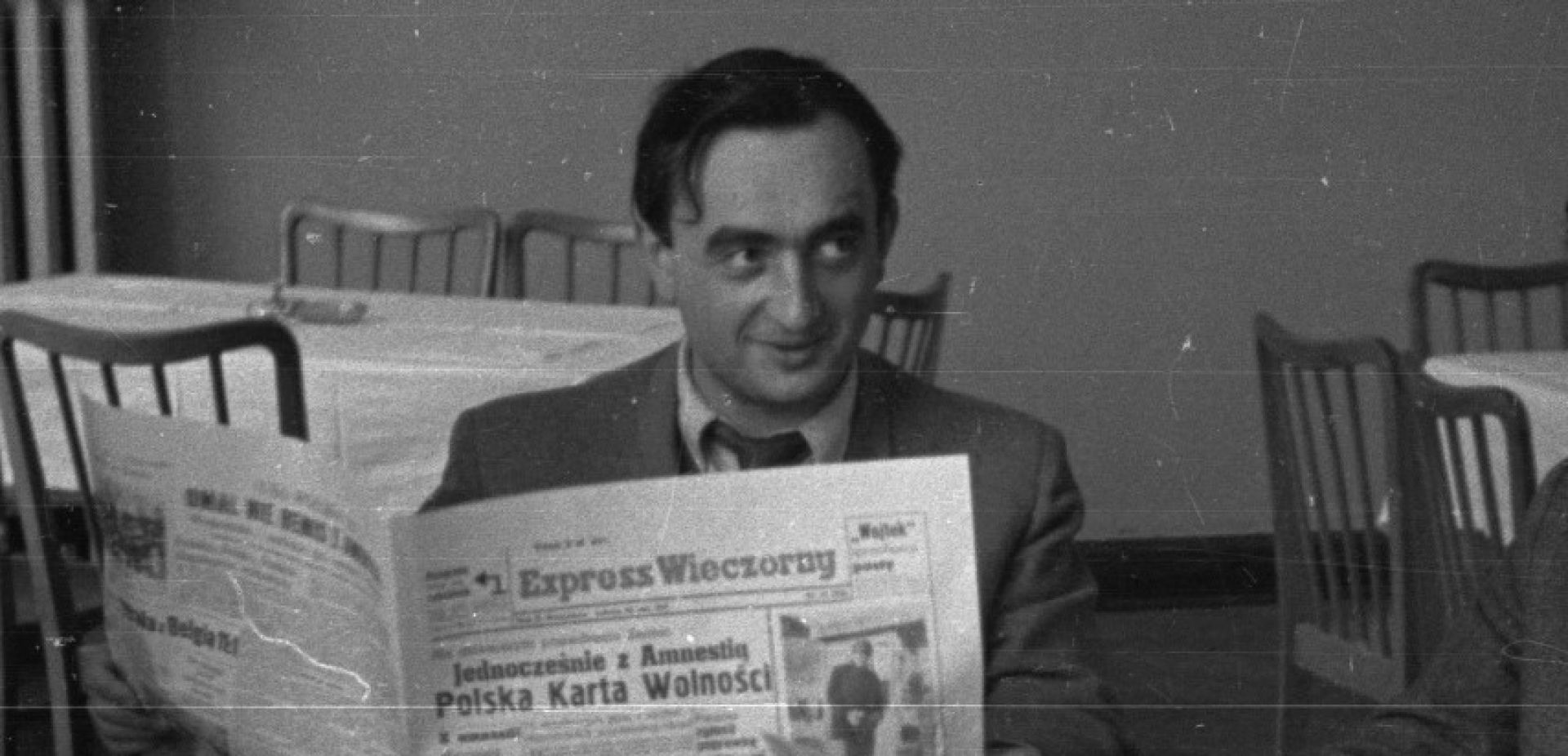
 SIGN UP TO OUR PAGE
SIGN UP TO OUR PAGE
 The future editor’s father, Leon, ran a mercer’s shop. In the era of the economic collapse he was forced to dismiss the personnel and to switch to what is now called a family business. Two older sisters of the text’s main character, Eleonora and Lea as well as the mother Judyta, hitherto running the house, were acting shop assistants. “My parents in 1939. My sisters were murdered in Auschwitz, in the autumn of 1944”. Did they get there from the Łódź ghetto? What were their occupations? Were they married? Questions can be multiplied.
The future editor’s father, Leon, ran a mercer’s shop. In the era of the economic collapse he was forced to dismiss the personnel and to switch to what is now called a family business. Two older sisters of the text’s main character, Eleonora and Lea as well as the mother Judyta, hitherto running the house, were acting shop assistants. “My parents in 1939. My sisters were murdered in Auschwitz, in the autumn of 1944”. Did they get there from the Łódź ghetto? What were their occupations? Were they married? Questions can be multiplied.
